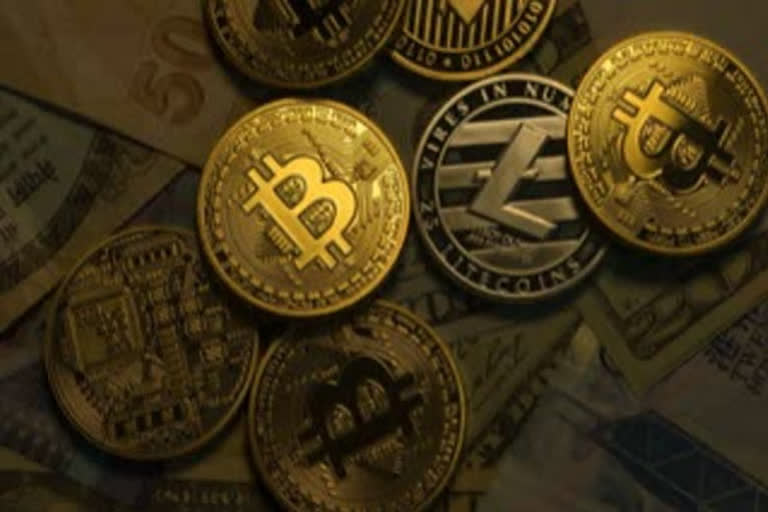Washington:The rapid growth of the crypto ecosystem presents new opportunities, the IMF has said but also cautioned that the digital currency assets pose financial stability challenges. Cryptocurrencies are digital or virtual currencies in which encryption techniques are used to regulate the generation of their units and verify the transfer of funds, operating independently of a central bank.
The rapid growth of the crypto ecosystem presents new opportunities. Technological innovation is ushering in a new era that makes payments and other financial services cheaper, faster, more accessible, and allows them to flow across borders swiftly, said in a chapter of its latest report Global Financial Stability Report. Crypto asset technologies have the potential as a tool for faster and cheaper cross-border payments. Bank deposits can be transformed to stable coins that allow instant access to a vast array of financial products from digital platforms and allow instant currency conversion, said the IMF in its chapter titled The Crypto Ecosystem and Financial Stability Challenges.
Decentralised finance could become a platform for more innovative, inclusive, and transparent financial services, it added. Despite potential gains, the rapid growth and increasing adoption of crypto assets also pose financial stability challenges, the IMF said. In a recent interview to PTI, Tobias Adrian, the Financial Counsellor and Director of the Monetary and Capital Markets Department of IMF said that Bitcoin could lead to instability because it is extremely volatile. It was trading above 65,000 just about earlier this year, and then it came down to below 30,000. It might go back up, it might go back down. So if you're a merchant, and you're quoting in Bitcoin you're exposed to this massive volatility. It is much more volatile than equities or commodities or even exchange rates. It's a very, very volatile asset, and that is introducing instability, he said.
It's fine as an investment asset right. But as a monetary aggregate, it just doesn't have the right properties, Adrian said. And let me just add two more problems with that. One is that transaction costs can be fairly expensive and compared to digital money, as it's the case in India for example, where you have a real-time gross settlement payment system, it's actually slow because it's a distributed ledger, and to know that the transaction has gone through, it has to be verified on all of these different computers. So, it's not that instantaneous, and it can be expensive to transact and it's extremely volatile. It doesn't have the properties that you want money to have, he said.
